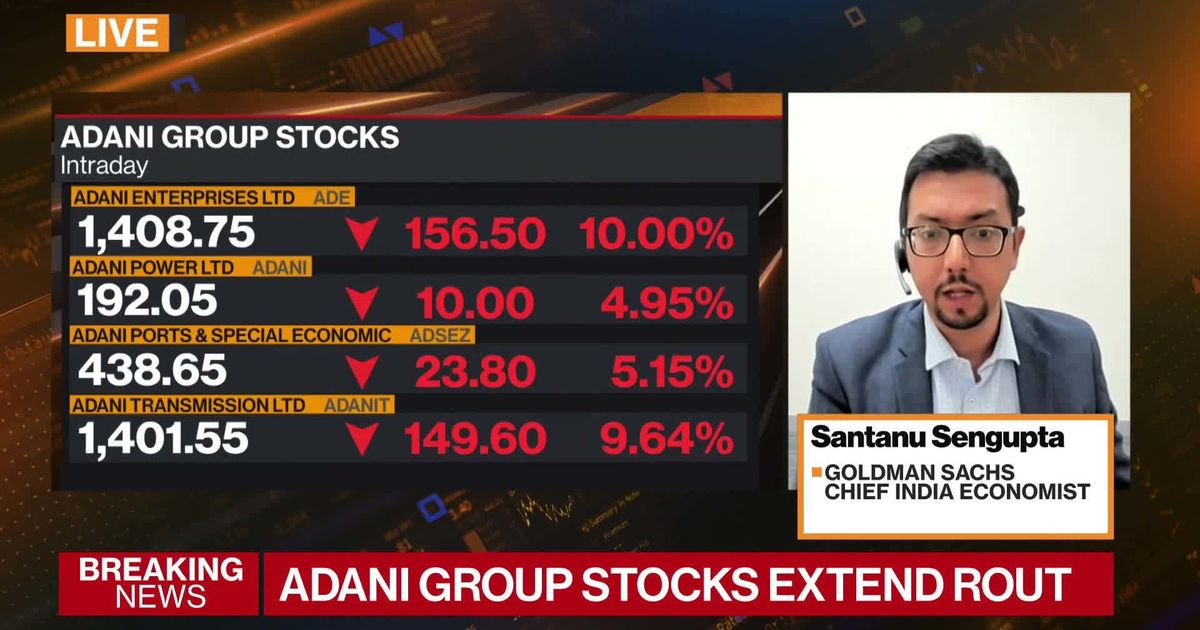New Delhi: The Reserve Bank of India (RBI) has announced its decision to phase out ₹ 2,000 notes and has set a deadline of September 30 for people to exchange or deposit them in their bank accounts. Starting May 23, the RBI’s 19 regional offices and other banks will accept ₹ 2,000 notes in exchange for lower denomination currency. It is important to note that these notes will continue to be considered legal tender, as stated by the RBI.
The RBI has instructed all banks to cease issuing ₹ 2,000 notes with immediate effect.
The introduction of the ₹ 2,000 note took place in November 2016 after Prime Minister Narendra Modi’s sudden demonetization move, which rendered high-value ₹ 1,000 and ₹ 500 notes invalid overnight.
The RBI explained its decision, stating, “The purpose of introducing ₹ 2,000 banknotes was fulfilled once banknotes of other denominations became sufficiently available. Consequently, the printing of ₹ 2,000 banknotes was discontinued in 2018-19.”
To ensure convenience and minimize disruption to regular banking operations, the RBI has allowed the exchange of ₹ 2,000 notes for lower denomination notes, up to a limit of ₹ 20,000 at a time, at any bank beginning May 23, 2023. This facility will be available until September 30, allowing individuals to either exchange or deposit their ₹ 2,000 notes.
Sources informed NDTV that the RBI might extend the deadline beyond September 30 if necessary. However, even after the current deadline, ₹ 2,000 notes will remain valid as legal tender.
The RBI highlighted that approximately 89% of ₹ 2,000 denomination banknotes were issued before March 2017 and are reaching the end of their expected lifespan of four to five years. The total value of these notes in circulation decreased from ₹ 6.73 lakh crore at its peak on March 31, 2018 (comprising 37.3% of the currency in circulation) to ₹ 3.62 lakh crore, representing only 10.8% of the currency in circulation as of March 31, 2023.
The central bank emphasized that the ₹ 2,000 note is not commonly used for transactions. Similar measures were taken by the RBI in 2013-2014 when certain notes were phased out of circulation.

